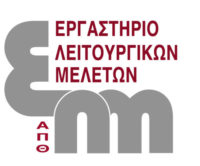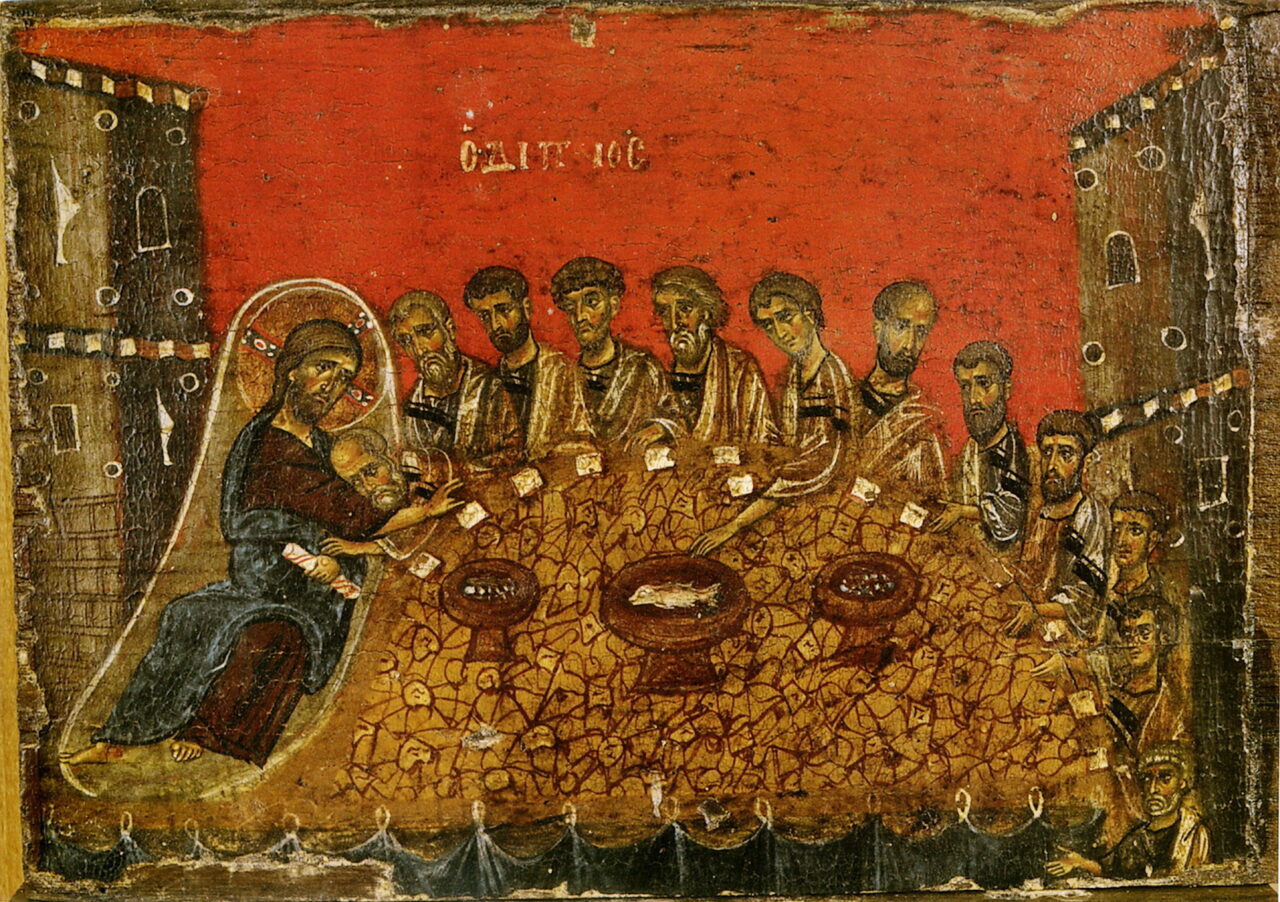The Laboratory for Liturgical Studies was officially instituted in 2017 (Government Gazette B 2668/31-07-2017), marking the School of Social Theology and Christian Culture of Aristotle University of Thessaloniki’s objective to spearhead the study of the worship practice and tradition of the Orthodox Church in all its manifestations.
Director: Nassis Chrysostomos (Protopresbyter)
T: +30 2310 997095
Fax: +30 2310 996677
M: elm@past.auth.gr
W: https://elm.past.auth.gr
Mission – Objectives

The Laboratory’s mission is to promote and advance Liturgical scholarship and the study of its related theological disciplines as fostered by the School of Social Theology and Christian Culture, particularly in its Department of Worship, Archaeology, and Art. This is accomplished by supporting the School’s educational, research, and teaching needs in these areas. Liturgy, in particular, is the discipline that studies the history, theology, ritual practice, piety, and sources of the Church’s liturgical tradition, from the time of the Apostles to the present day, and includes the allied disciplines of hagiology, hymnology, Christian archaeology and art, worship aesthetics, homiletics, Byzantine musicology and chanting, and the management of cultural and ecclesiastical property (church architecture, iconography, conservation).
In the context of this mission, the following impact-oriented objectives have been formulated:
- Coverage of the teaching, tutorial, and research needs of the School of Social Theology and Christian Culture and other Schools of the Aristotle University of Thessaloniki on topics related to the Laboratory’s area of specialization at both the undergraduate and postgraduate levels.
- Training (theoretical and practical) of qualified scholars, professionals, civil servants, and volunteers (theologians, clergymen, philologists, musicologists, archaeologists, historians of Christian art, tour guides, chanters, catechists, etc.) in the subjects of the Laboratory, as provided by law and University structures, especially through the development of Lifelong Learning Programs (LLP).
- Promotion of basic and applied research in the scientific disciplines of liturgy, hagiology, hymnology, and the sacred arts as internationally recognized and defined.
- Cooperation with research centers institutes and centers, academic and ecclesiastical institutions, laboratories, museums, institutions, organizations, and libraries in Greece and abroad, provided that their objectives coincide with those of the Laboratory.
- Organization of lectures, such as the Annual Ioannis M. Fountoulis Memorial Lecture, workshops, seminars, symposia, conferences, and other scientific events, as well as the invitation of distinguished specialists in the field of Liturgics from Greece and abroad.
- Rendering services to individuals and organizations in accordance with the provisions of P.D. 159/1984 (Government Gazette A’ 53/27-4-1984): ‘Conditions for the provision of services by university laboratories to individuals and organizations of any legal form.’
- Providing opinion papers on issues related to the Laboratory’s areas of specialization.
- Data collection, processing, storage, and dissemination.
- Carrying out consulting or development projects and studies.
- Publication of studies and translations in scientific journals, and series or as separate monographs.

